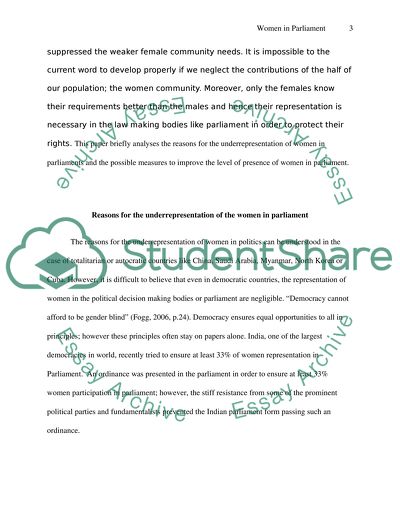Cite this document
(“Relatively low number of women in parliaments Essay”, n.d.)
Retrieved from https://studentshare.org/environmental-studies/1406191-relatively-low-number-of-women-in-parliaments
Retrieved from https://studentshare.org/environmental-studies/1406191-relatively-low-number-of-women-in-parliaments
(Relatively Low Number of Women in Parliaments Essay)
https://studentshare.org/environmental-studies/1406191-relatively-low-number-of-women-in-parliaments.
https://studentshare.org/environmental-studies/1406191-relatively-low-number-of-women-in-parliaments.
“Relatively Low Number of Women in Parliaments Essay”, n.d. https://studentshare.org/environmental-studies/1406191-relatively-low-number-of-women-in-parliaments.


